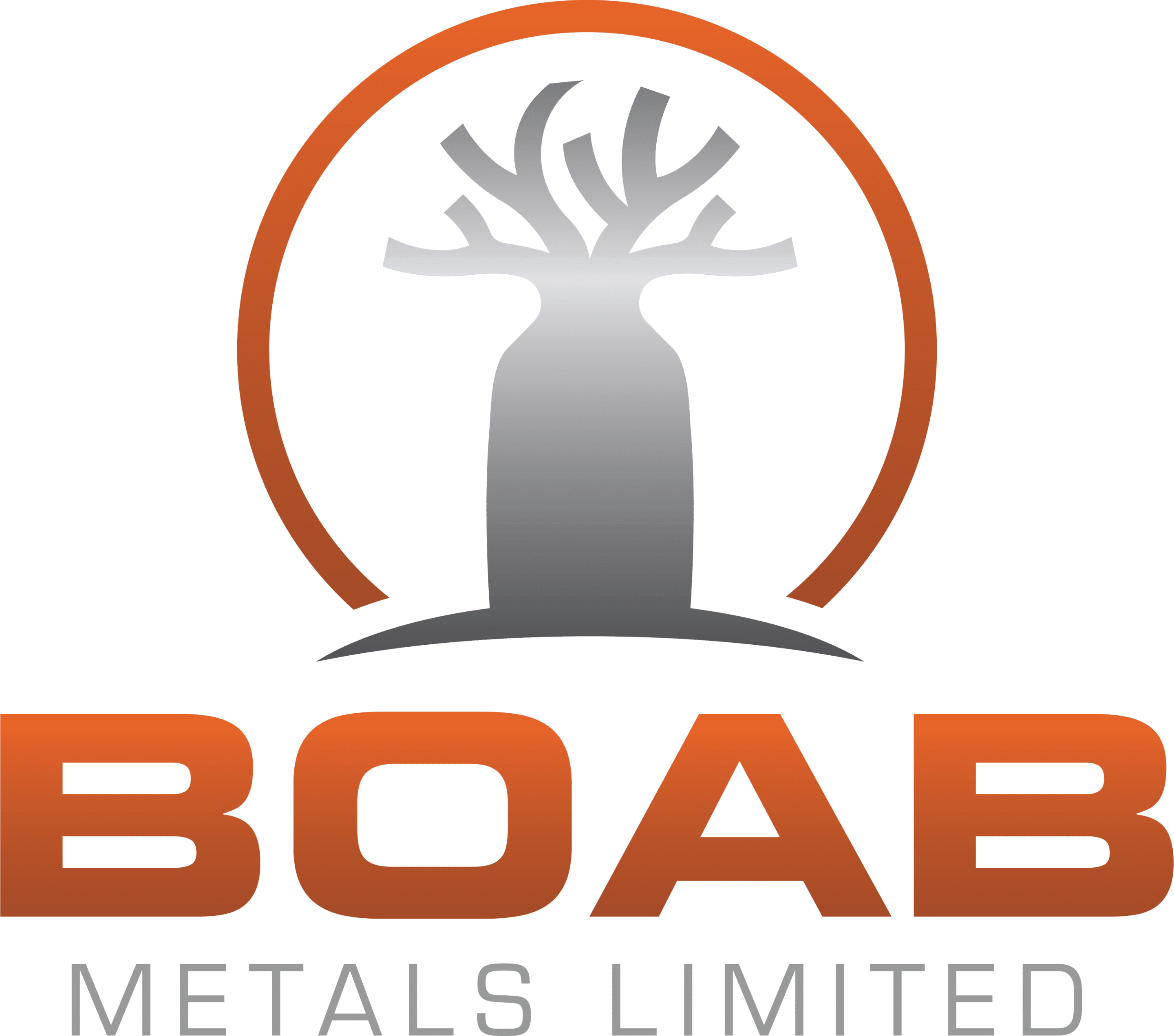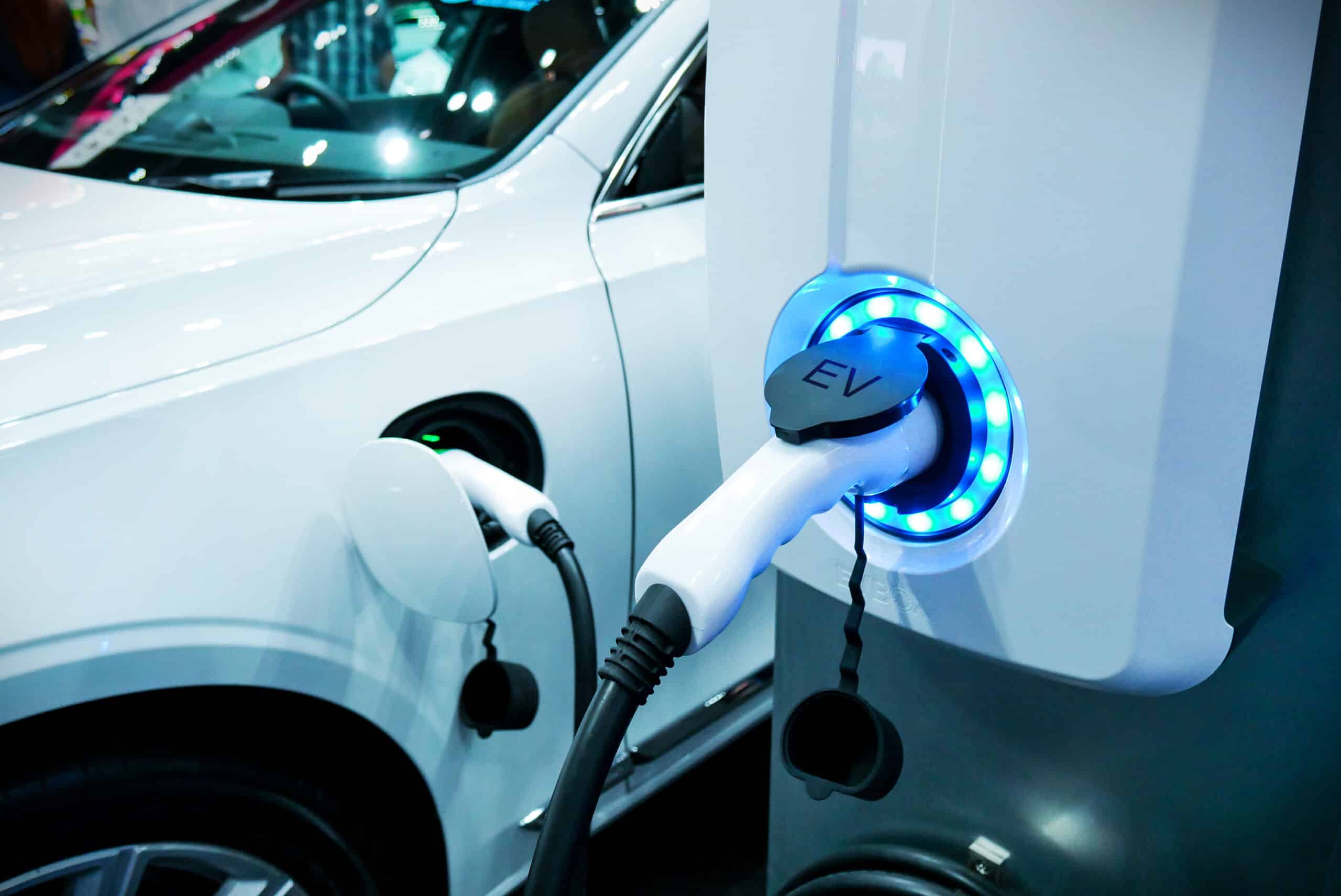There are nearly 100,000 electric vehicles (EVs) on Australian roads today. That number has more than doubled in 12 months, up from 44,000 at the start of 2022.
Impressive, sure – until we look to Europe, where EV sales overtook diesel vehicles last year like a Tesla cruising past a VW on the Autobahn.
As governments target transportation to cut emissions and consumers embrace EVs, analyst firms like Bloomberg expect the numbers to keep climbing.
This is exciting news for Australia’s primary resources industry. Australia is rich in battery metals, including silver, lead, lithium, cobalt, nickel and copper.
In an interview with ABC News, Allison Britt, a Director at Geoscience Australia, said: “If you want to compare an EV battery to cooking, we have all the ingredients to make a delicious cake in our pantry”.
So let’s take a look in the pantry and see how our essential ingredients contribute to the global EV market, and what it means for battery metals on the ASX.
Thinking of investing in silver mining stocks in 2023? Here’s what you need to know.
Australia’s battery minerals are essential for a green energy future
Batteries of all shapes and sizes need a variety of metals to receive, store and transmit energy, as well as stabilise the chemicals. Most batteries nowadays use lithium-ion technology, from AAAs to EV batteries to the 300-Megawatt Victorian Big Battery.
However, the mix and makeup of the metals change depending on the use case.
For example, newer solar-powered residential systems tend to use lithium nickel manganese cobalt oxide (NMC) or lithium iron phosphate (LFP) technology to store electricity. The Victorian Big Battery and similar grid-scale batteries also use LFP cathodes.
Tesla developed a new prismatic-type lithium-iron-phosphate cathode, which is still a lithium-ion battery at its core.
And let’s not forget lead-acid batteries. Inexpensive, highly recyclable and reliable, lead-acid batteries are still used in EV’s, solar PV energy storage and many industrial applications.
The bottom line: more batteries means more demand for high-quality battery metals. Australia is fortunate to have many essential battery minerals in our “pantry”.
Lithium
Australia is the largest lithium-producing country outside South America. Production is centred in Western Australia, including the Greenbushes lithium mine, the largest lithium mine in the world.
Lead
Lead-acid batteries are still widely used, including as a backup power source for renewable energy systems. Australia is the world’s third-largest lead producer, with 12.37 million tonnes in reserves as of 2018. Boab Metals (ASX: BML) is moving towards production at Sorby Hills, Australia’s largest undeveloped lead-silver-zinc deposit.
Silver
Because of its unbeatable conductivity and high corrosion resistance, silver is an essential battery metal. It is also used in periphery electrical components such as switches and energy transfer. Each battery-powered EV requires 25-50 grams of silver, compared to 15-28 grams for combustion engines and 18-34 grams for hybrids.
Cobalt
The cathode in lithium-ion batteries – the positively-charged electrode that brings in energy from an external circuit – uses cobalt to stabilise the energy transfer. Australia is the world’s third-largest cobalt producer and a leader in sustainable, ethical production.
Vanadium
Although lithium-ion and lead-acid batteries are the best-known, vanadium redox batteries (VRBs, also called vanadium flow batteries or VFBs) are increasingly common in large-scale energy storage. Despite ranking third in global reserves for this interesting battery mineral, Australian vanadium mines have struggled to get started.
EVs are a big driver for battery metals on the ASX
With 79% of EVs in Australia being battery-powered (the remaining 21% are plug-in hybrids), there is a quickly increasing need for more metals like lithium, silver and cobalt. And that’s only here at home.
In August 2022, the United States granted Australia preferred status as a supplier for its electric vehicle battery program. That means our battery minerals, including silver, cobalt, copper and lithium, will be critical to sustaining production in the US.
Globally, EVs could make up 60% of new vehicle sales by 2030. The International Energy Agency expects the number of EVs on the road to grow from 16.5 million in 2021 to almost 350 million by the decade’s end.
EV batteries are only one opportunity
Electric vehicles are one of the biggest opportunities for Australia’s mining industry. This is one reason why battery metals on the ASX are popular, representing some of the best stocks to buy now.
But EV batteries are only one part of a global, diverse and ever-expanding technology market.
Australia’s battery metals turn up in a wide range of applications:
Consumer electronics
A report released in March 2023 estimates demand for smartphones to reach a staggering 1.7 billion units annually by 2030. On top of smartphones, Australia’s battery metals are used in consumer devices from kid’s toys to power tools.
Industrial equipment
Forklifts, elevators, high-powered tools and mobile machinery all rely on batteries. Many still use lead-acid batteries, with silver used in switches and energy storage.
Advanced electronics
Whether it’s wearable devices, satellites or submarines, the world’s innovations don’t work without batteries. As a significant player in global production, Australia’s battery metals play a role in powering the future of work, industry, entertainment and communication.
Why silver’s use in batteries could make it one of the best stocks to buy now
Unlike lithium, silver is not typically associated with battery technology or battery metals on the ASX – yet.
That could all change very soon.
Silver spot prices are off to a strong start in 2023 and show no signs of slowing. This is partly because silver’s role in a battery-powered future is becoming more widely recognised. It is also because global silver reserves are low, and the world is looking to Australia to stave off a shortage.
The future is bright for battery metals on the ASX. In particular, it is our view that silver represents an exciting investment opportunity in 2023.
As we bring Sorby Hills closer to production, we are looking forward to supplying a growing global market with mission-critical battery metals.
Learn more about Sorby Hills in our investor centre or head to our blog to discover more topics, including the most exciting mining stocks and guides to investing in silver.

